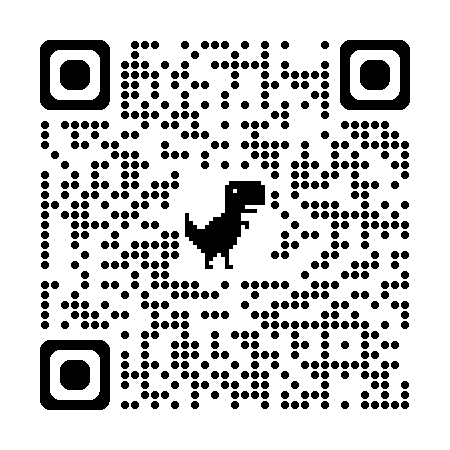Effectiveness of Using Jigsaw Puzzle in Enhancing Language Learning Amidst Post-COVID-19 Educational Crisis in the Philippines
Keywords:
Jigsaw Puzzle, Learning Continuity, Learning Recovery, Language Education, Educational CrisisAbstract
Background: The COVID-19 pandemic has hurt the educational system, specifically in terms of literacy among students. Studies have shown that it is imperative to continue learning regardless of the educational crisis. Therefore, different treatment modalities may be used. One of these is the online learning modality, which contributes to educational disparities due to students' socioeconomic backgrounds. Consequently, learning was not met holistically, and the educational crisis was evident in the learning gaps when face-to-face classes returned.
Objective: This study aims to assess the effectiveness of the Jigsaw Puzzle as an intervention during face-to-face classes to enhance language learning amidst the educational crisis in the Philippines.
Methodology: This study utilised the Jigsaw Puzzle intervention, a collaborative learning strategy wherein students are assigned to be experts on specific topics, thoroughly study the subject matter, and instruct their peers. The pre-test and post-test were administered to identify the least mastered competencies, which then became the focus of the intervention, and to evaluate the overall effectiveness of the intervention. A z-test was utilised to analyse the data. The potential implications to the students while having the intervention were gathered through focus group discussions and it was analysed using thematic analysis.
Results: The intervention showed a statistically significant effect and effectively addressed the learning gaps during the educational crisis, indicating improvements in the target competencies and encouraging collaboration in face-to-face classes. It is an engaging and effective learning method that differs from traditional lecture-based instruction. This fostered critical thinking, improved comprehension, and enhanced understanding. The method also promoted leadership skills, teamwork, and socialisation, helping students build stronger relationships and create a more cohesive classroom environment.
Conclusion: The pandemic has caused substantial disruptions, hindering authentic and holistic learning, especially literacy in language education, resulting in a learning gap or shortage among affected students. This is evident from the pre-test assessment, which reveals that the least mastered competencies are also affected by the lack of prior knowledge. Significant results were observed for each sample when the Jigsaw Puzzle was used. It is imperative to use an intervention during an educational crisis, and the Jigsaw Puzzle proved effective. Learning domains for inclusive, holistic, and cooperative learning approaches were evident when the intervention was used.
Unique Contribution: This research has contributed to the Sustainable Development Goals of the United Nations under SGD no.4-Education in promoting inclusive and equitable education and life-long learning opportunities during educational crises.
Recommendations: In order to effectively address the challenge of learning gaps amidst educational crises, it is crucial to conduct assessments before class and implement interventions that will aid in their development. These activities will be particularly beneficial for students who have experienced learning gaps.
Downloads
Published
How to Cite
Issue
Section
License
Copyright (c) 2025 Jhon Benedict Layoc

This work is licensed under a Creative Commons Attribution-NonCommercial-ShareAlike 4.0 International License.



